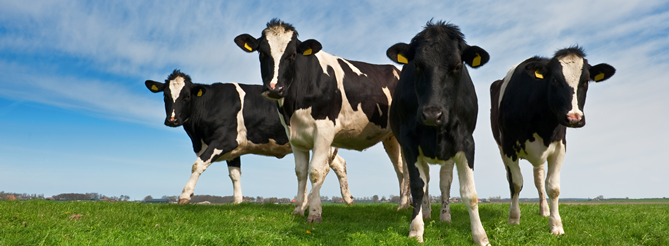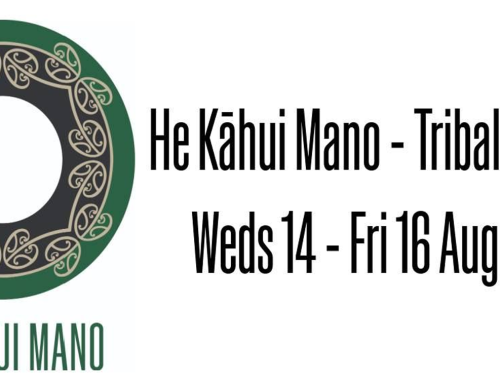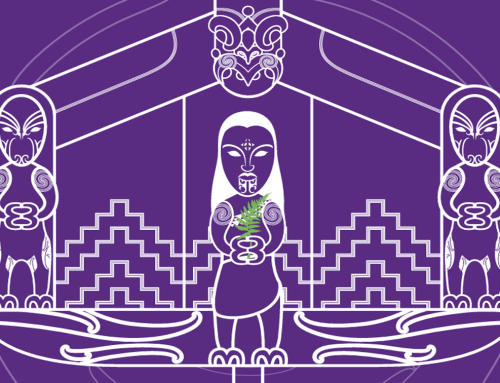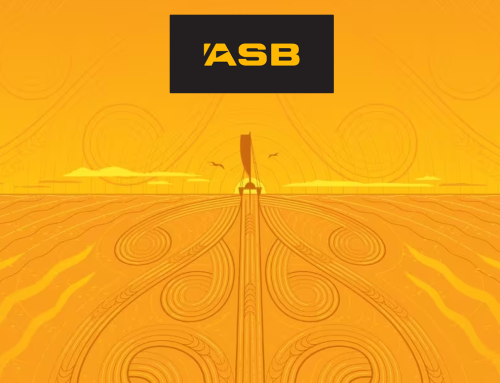In 2012, Te Manawa o Tūhoe, Ngati Awa and Poutama started brainstorming on the possibility of establishing a geothermal powered milk processing plant in Kawerau. Fast forward to 2017 and the Kawerau dairy project has moved a step closer to reality with the completion of the feasibility study and peer review of the financial model.
The processing plant will be the second geothermal powered plant established and owned by Māori, the first being Miraka near Taupō. The plant will be the first multi-species milk processing facility in New Zealand, and perhaps the world. When you combine a milk processing plant that has most of its milk supplied by Māori farms, is Māori owned, has its geothermal source from Māori land and produces high-value products from conventional cow, organic cow, goat and sheep milk, then surely this is something that is out of the ordinary and to be celebrated.
The Kawerau dairy processing plant will combine rich local Māori history, fertile Bay of Plenty pastures, clean spring water and sustainable low cost geothermal energy, to create high-end conventional and organic milk powders and milk protein concentrate products for New Zealand and the world. The Kawerau plant’s location also allows it to harness the talent and skills of local people with around 30 jobs to be created, as well as the plant having ready access to the rail network and New Zealand’s largest port, Tauranga.
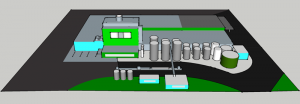
It could be said that Kawerau dairy has been a long time in the making as the lands surrounding Pūtauaki have been developed over time into rich fertile farming land. The link between the plant, suppliers and the land stretches back many years from when local Māori families first farmed the surrounding area. There is a good supply of water, along with a sustainable supply of natural geothermal steam from the reservoirs beneath the ground.
Kawerau dairy intends to have a symbiotic relationship with its milk suppliers many of whom will be Māori farms. One cannot do without the other therefore both will need to work closely together to develop world class farming and milk processing systems that are in sync with each other, and which both will leverage cultural identity and connections, as well as environmental harmony and sustainability. It will be these factors that form the story that will underpin the marketing of traceable, safe, nutritious and high value milk products that are in demand from health conscious and discerning consumers.
The symbiosis of land, animals, people and technology is what will give Kawerau dairy a point of difference and enable it to be a value-add niche producer rather than a commodity player.
Nga kaituku – Our suppliers
The principal energy supply for the plant will be from the existing Ngāti Tūwharetoa Geothermal Assets Ltd owned geothermal network which also supplies the large paper products mill nearby. The use of geothermal energy helps to ensure that the carbon footprint of the products produced will be sustainably lower than most other New Zealand based dairy processors.
Kawerau dairy’s milk will be collected from up to a 100km radius of the processing plant, with the newest farm development based on Pūtauaki Trust land directly behind the factory. Pūtauaki Trust is also the owner of the land that will be leased for the plant to be built upon. Supply of organic milk will initially come from the Organic Dairy Hub but it is envisioned that over time Māori land entities will also convert to organic farming. This will give Kawerau dairy the opportunity to not only provide Organic Certified milk but enable leveraging of consumer demand for certified Grass-Fed and Free Range milk for the manufacture of added value products.
Aupoke Whakatupu – The processing plant
The Kawerau dairy processing plant is to be based around the staged development of two small flexible drying platforms. Each of the driers will be capable of drying 750 kgs of milk product per hour.
Stage one will involve the development of one 750kg drier whereby conventional cow and organic cow milk will be processed into high-value products. Once stage one is established and generating a sustainable return on investment stage two will then be established with the construction of another 750kg drier. Stage two will involve the processing of goat and sheep milk.
Kawerau dairy will be the first milk plant in New Zealand to undertake a multi-species approach to milk processing. This will see the processing and production of conventional cow, organic cow, goat and sheep milk products. The plant is to be designed and supplied by the world’s leading equipment and system integration companies. The New Zealand dairy industry has a wealth of experience in manufacturing dairy products to meet world quality standards.
Kawerau dairy will be drawing on that experience to develop a top quality range of products. The expected overall output of the plant over a full season is in excess of 8000 metric tonnes of dried milk products. The two driers will be able to convert raw milk from both ovine and bovine animals into high quality milk powders and formulated products. The range will include high concentration protein powders, vitaminised powders, infant formulas and aged care formulas.
Plans for further expansion of the plant could include a butter production plant capable of producing 50 metric tonnes per day of butter and cream products, as well as a Lactose plant. These plants if established will also be certified organic to the European and US National Organic Programme (NOP) standards.
Mahi Tahi – Collaboration
Kawerau Dairy is a collaborative effort by seven Māori entities. These being; Te Manawa o Tūhoe, Māori Investments, Pūtauaki Trust, Ngati Makino, Rotoiti 15, Tataiwhetu Lands Trust and Poutama. All seven entities are financial contributors to the cost of the feasibility and business case, and will invest into establishing the plant.
Kawerau Dairy will be the second geothermal milk processing plant to be established by Māori. It will however be different from most other milk processing plants in that in the big dairy picture, it is small. This smallness combined with the fact that it will eventually consist of two driers, enables flexibility and adaptability. Flexibility and adaptability are key enablers in a fast changing world. They allow for innovation and disruption, and the ability to move away from the just being another commodity producer. Kawerau Dairy will be different and distinctive because it is Māori.
The plant is expected to start producing product for sale late 2018.

